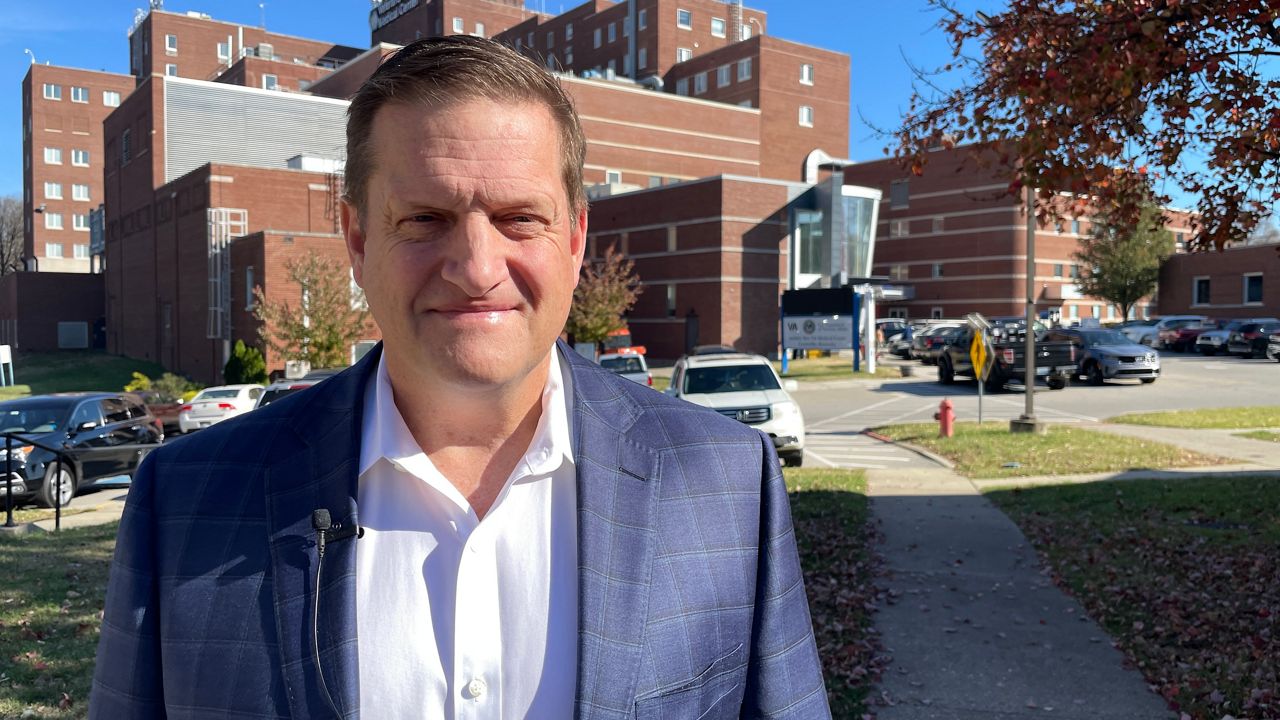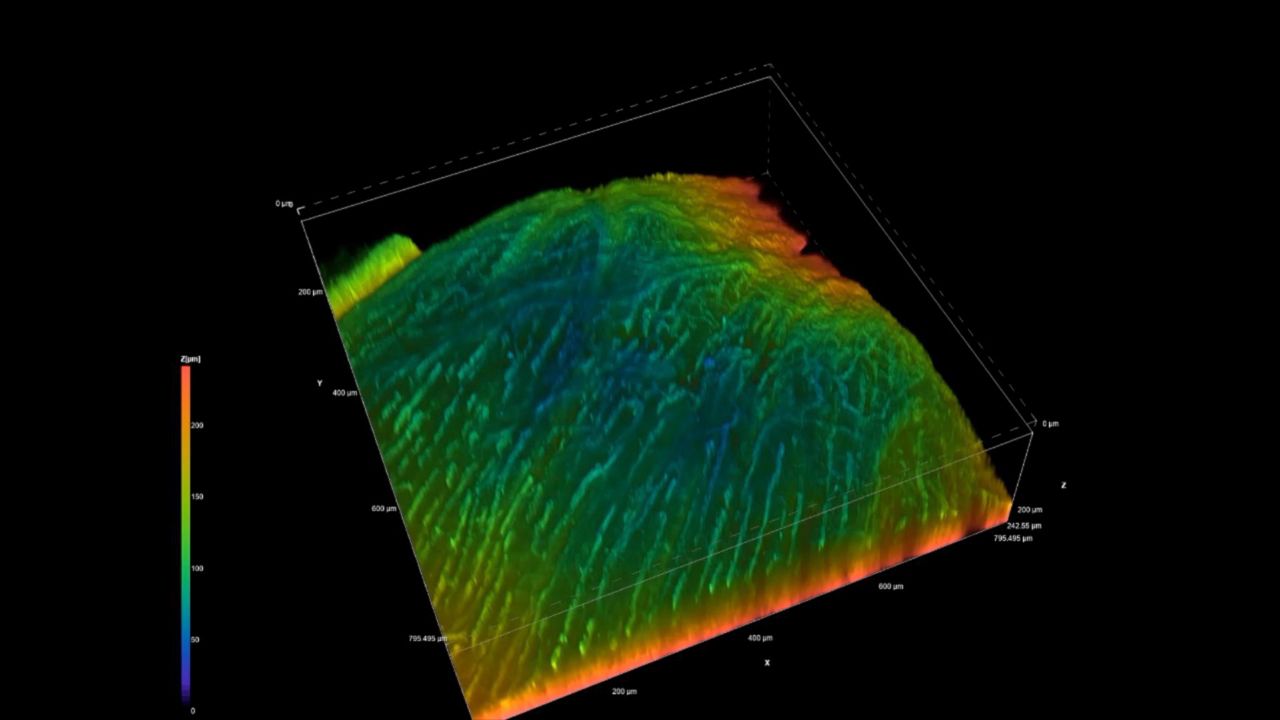LOUISVILLE, Ky. — A research partnership between the VA and the University of Louisville has recently received two microscopes worth nearly $2 million.
The multiphoton microscopes will be used in research to better understand how the health of veterans was impacted by being exposed to toxic waste while serving in the armed forces. This includes exposure from burn pits.
Funding for this equipment came from the recently passed PACT Act. Signed by President Biden into law in August, the bill aims to improve health care for veterans exposed to toxins.
The PACT Act passed in the Senate 84-14, two senators did not vote. Sen. Mitch McConnell voted for it, while Sen. Rand Paul did not.
One of the doctors overseeing this research is Dr. Gerald Dryden. Dryden is a medical professor at UofL and is the chief of staff for research and development at the Robley Rex VA. He has also been in the Navy for over 30 years.

Dr. Dryden explains these microscopes allow them to see 3-D images of thick tissue samples in real time, something which was not possible with older technology.
“When you are investigating the effects of certain exposure material, it may affect more than one pathway and by being able to evaluate these things simultaneously, you can get a good idea of what the interactions are in the body,” Dr. Dryden said.

Dr. Dryden mentions there are not many people in this kind of research with a military background, something he does have and believes will be invaluable to the work they’re doing.
“When you have the ability, the skillset, the tools to be able to help hundreds if not thousands or hundreds of thousands of people, then that takes on a whole new level of satisfaction,” Dr. Dryden said. “I feel like it’s really my duty to be able to do the best that I can for both my fellow military and the future members that are going to be coming in.”
Dr. Dryden also explained the military is not set up to do this kind of in-depth research, meaning it’s only possible through the help of places like UofL. Thanks to the PACT Act, they’ll have the equipment needed to push that work forward.
The two microscopes provided by the VA are being housed in separate research buildings on the UofL campus and near downtown.



